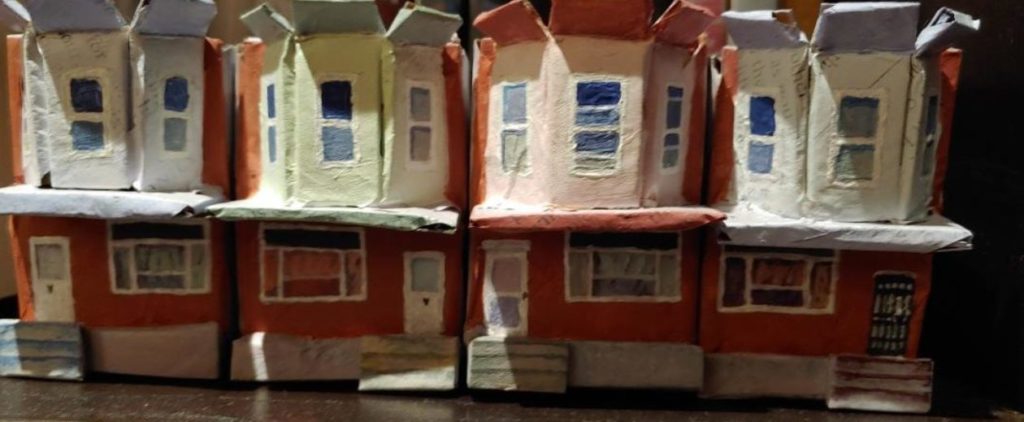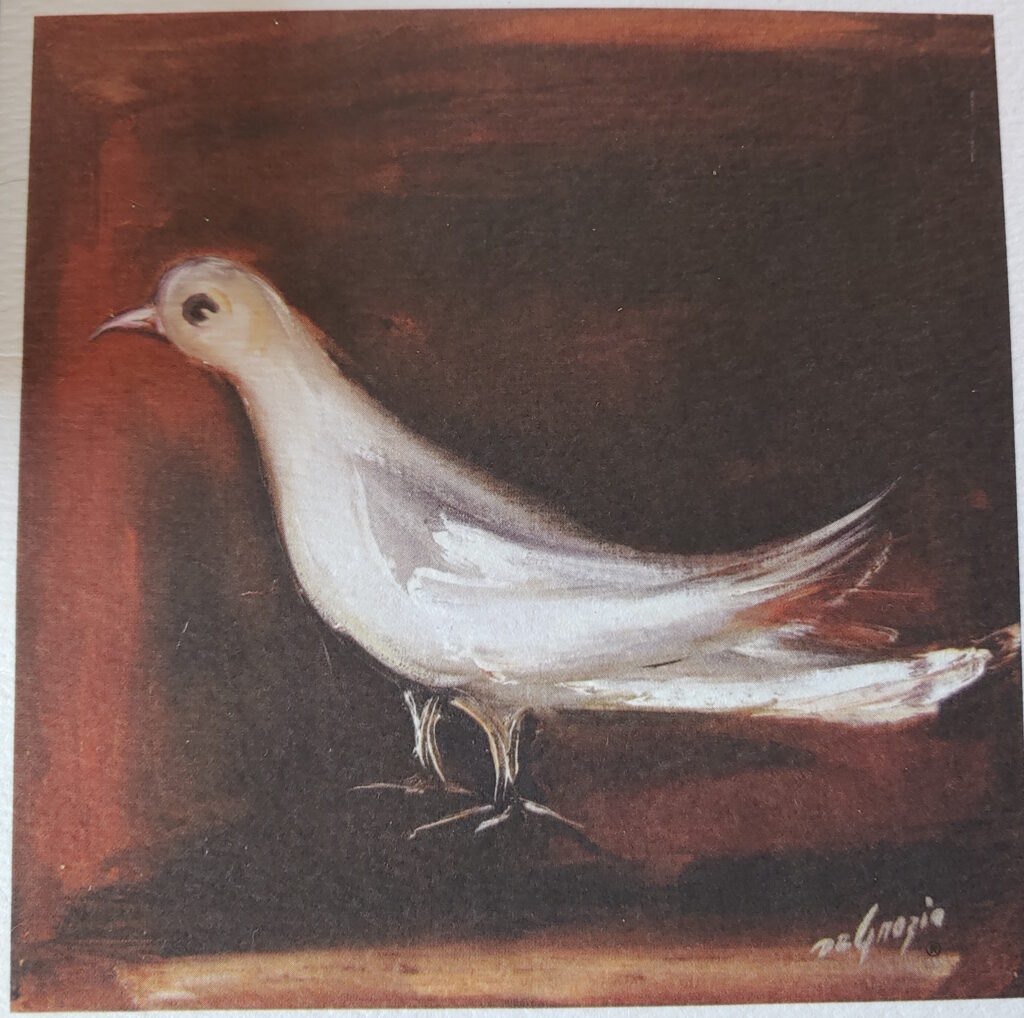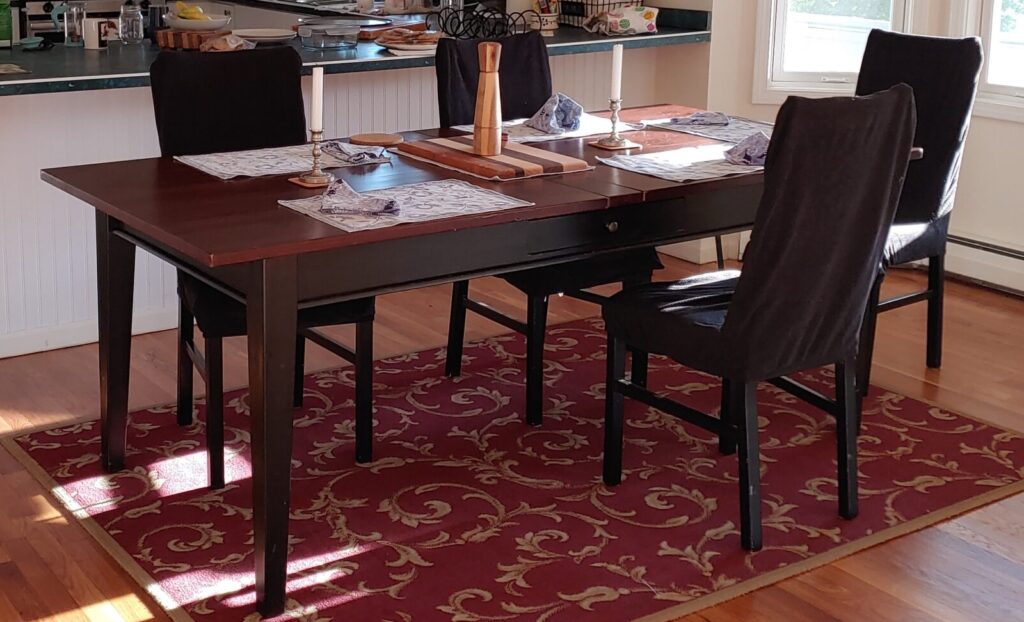We do not presume to come to this thy table, O merciful Lord, trusting in our own righteousness, but in thy manifold and great mercies. We are not worthy so much as to gather up the crumbs under thy table. But thou are the same Lord whose property is always to have mercy. Grant us, therefore, gracious Lord, so to eat the flesh of thy dear Son Jesus Christ, and to drink his blood, that we may evermore live in him, and he in us. Amen.
I say it at least eight times in the typical worship service. Recently, I’ve been thinking of different ways of saying Amen, ways to help me mean it when I say it: I’m in! Sign me up! Absolutely! Thinking of Amen as a verbal way of raising my hand rather than a place-holding word to keep the rhythm of the service on track keeps me from thinking I am merely a passive observer rather than an active participant. It also brings to mind what I’m in for…
Do I want to see love transform this world into a place where everyone knows they are unique and sacred? Absolutely!
Am I willing to give up the partial identities that drain joy from my daily life? Sign me up!
Will I join with others to serve those whom Jesus loved – the poor, the needy, the desperate? I’m in!
And the hardest one: will I let go of my preferred way of seeing and acting in the world to bring about God’s kingdom? Am I willing to follow in the footsteps of Jesus? Let’s hope I can say with conviction and joy: I’m in!




